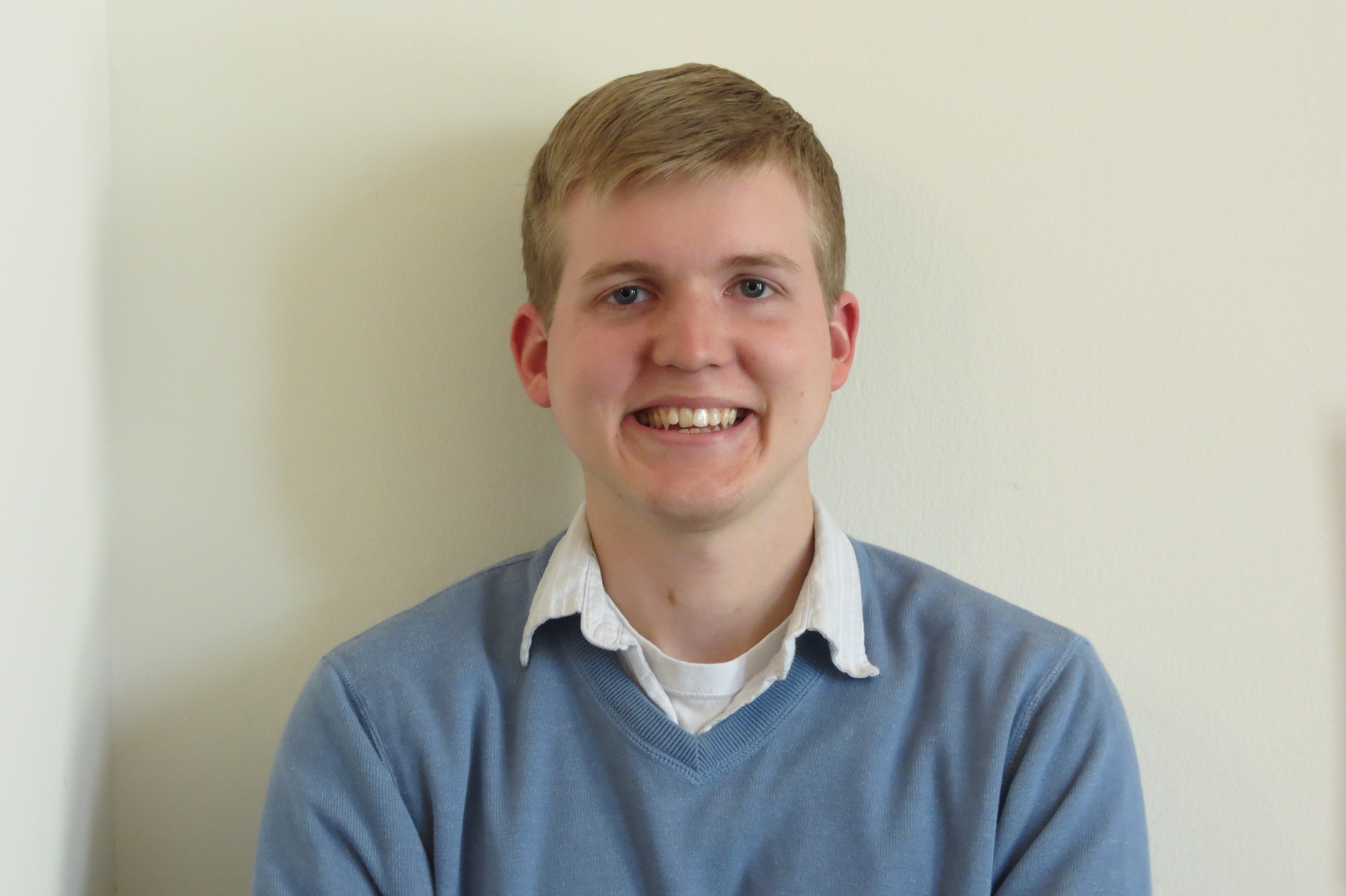Where have all the voters gone?

Rockingham Regional Jail, just over an alley near Community Mennonite Church, Harrisonburg, Va.
By Joshua Russell
When the U.S. holds their 2016 election next week, many people will be unable to vote. Unlike most countries, many felons in the United States are stripped of their right to vote. An estimated 6.1 million people are currently banned from voting due to their criminal history–people who otherwise would be allowed to express their voice and participate in the political process.
While the sheer number of people who are not allowed to vote is astonishing, even more disconcerting is who these people are. Disenfranchised voters are not spread evenly across the United States. Many states do restore voting rights to people after their sentences or parole is completed. However, 12 states ban people convicted of felonies from ever voting again.
The ban has shocking racial disparities that reflect broader trends in the criminal justice system, which has disproportionately locked up African-Americans. One in every 13 African-Americans of voting age has lost the right to vote. In four states–Florida, Kentucky, Tennessee, and Virginia- more than one in five African-Americans are thus disenfranchised. (To learn more about racism and the criminal justice system, check out The New Jim Crow by Michelle Alexander and the documentary “13th.”)
People returning from prison face a host of challenges when they attempt to rejoin society. They face discrimination and limitations regarding employment, housing and public assistance. In addition to those challenges, the loss of voting rights leads to second-class citizenship and sows division between people.
This is the exact opposite of what Ephesians 2:14 calls us to as Christians: “For he himself is our peace, who has made the two groups one and has destroyed the barrier, the dividing wall of hostility” (NIV). We cannot truly love one another if we place harmful restrictions on particular members of our society.
The loss of voting rights eliminates much of the political power of people with felony convictions and erodes the overall power in lower-income and African-American communities since these groups are most affected by felony disenfranchisement. In addition, all but two states (Maine and Vermont) prevent people from voting while in prison.
Despite this, incarcerated populations are included in the census for determining state and congressional districts. This means that voters in communities with significant prison populations have disproportionate political power and allows politicians to engage in legal gerrymandering at the expense of incarcerated people.
James admonishes followers of Christ to reject favoritism (James 2:1-4) and reminds us that God has chosen “those who are poor in the eyes of the world to be rich in faith and to inherit the kingdom he promised those who love him” (2:5). Too often our society is quick to judge people with criminal records and dismisses proposals to make them fully equal citizens again.
We should remember the love that Christ calls us to share and look for ways to extend this love through more just policies. Restoring voting rights to people with felony convictions is a clear and concrete way to do this.
Joshua Russell




